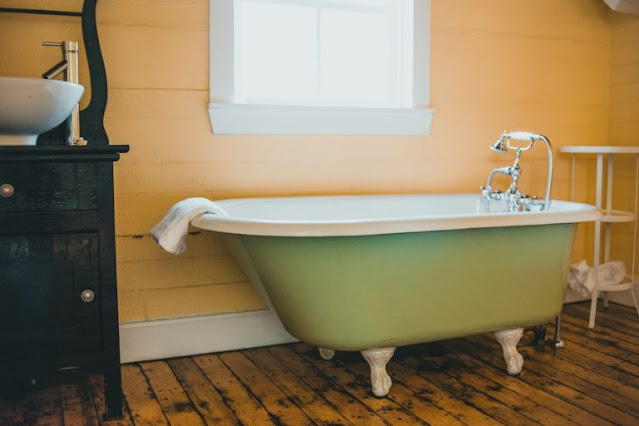How To Mend Kitchen Cabinets The Right Way
You may think that mending kitchen cabinets is a difficult task, but it’s actually not. You just need to know the right steps to take! Below you will find detailed instructions on how to fix your kitchen cabinets with minimal effort and no real skill needed.
Mending Kitchen Cabinets
Cabinets are an indispensable component of any kitchen; they keep pots and pans, dinnerware, utensils, and foodstuffs close at hand but out of the way until needed. Because of their constant use, however, they are prone to a variety of ailments.
Over time, the cabinet frame can twist—or rack—under its heavy load. Inserting shims—thin pieces of wood between the cabinet and the wall may be enough to push a racked cabinet back into the square, but usually, it must be taken down and repaired (right). While the cabinet is off the wall, the joints should be reinforced to strengthen the frame.
Removing Cabinets: Newer cabinets are screwed to the wall through hanging bars—pieces of wood attached to the upper, and often the lower, cabinet back. Screws will be visible inside, but the hanging bar is usually hidden behind it.
Older cabinets without hanging bars are most often nailed to the wall through the inside of the cabinet. To take them down, gently pry the outside edges of the cabinet with a pry bar until it is 1/2 inch away from the wall, then push the cabinet back against the wall to expose nailheads.
Reinforcing Shelves: Shelves can become bowed under the weight of stacks of dishes or canned goods. In many cabinets, the shelves are removable and need only be turned over. For fixed shelves, a wooden partition will provide permanent support, but remember that all shelves beneath it must be similarly braced or the sag will be transferred downward. In cabinets with a center stile, wooden strips attached to the back of the stile and the back of the cabinet can support the sagging shelf without taking up valuable space inside the cabinet.
Drawers and Hinges: The moving parts of the cabinet are particularly susceptible to wear. Drawers are most likely to break down at points of special strain—bottoms, backstops, and guides. In many drawers, you can remove the back, slide a damaged bottom out, and replace it. If intricate joints prevent this, measure the bottom, cut a piece of 4-inch luan plywood to size, and glue it on top of the damaged bottom. Door hinges can work loose, and the doors themselves sometimes warp out of shape. If not too severely bowed, the door can be straightened with an oak brace.
Another awesome article about How to Install Ceramic Wall Tile The Easy Way
Tools
Pry bar, Bar clamps, 1/4- or 3/8-inch power drill, Hacksaw,Chisel, Rabbet plane, Block plane, Utility knife
Materials
Wood shims, Carpenter’s glue, Masking tape, Hardwood dowels, Wire brads, Angle braces, Metal center drawer glides, 1 and 1/4-inch dry-wall screws
RE-GLUING PLASTIC LAMINATE
1. Applying the adhesive.
– First try reviving the old adhesive by placing a cloth over the area and heating it with cool iron, then press the loose piece down with a roller.
– Alternatively, lift the loose edge gently and scrape out dried glue with a utility knife. Blow out any loose debris with a straw.
– Using a toothpick, spread the carpenter’s glue sparingly on the exposed countertop core.
– Press the laminate back into place and wipe off excess glue.
2. Clamping down the repair.
– Lay a piece of wax paper over the repair, then cover it with a scrap of wood. With another scrap protecting the underside of the countertop, clamp the repair tightly.
– Wait 24 hours for the glue to set, then release the clamp.
For those of you who have been putting off fixing your kitchen cabinets for a while, it is time to take action. Kitchen cabinet repairs can be done quickly and easily with the right tools. By contacting VT Lakewood Tub Reglazing and Refinishing we will provide you with more information about how our company can help get your cabinetry back in shape so that they are as good as new! Is this something you’ve thought about before?
Let us know by calling us today at! Our team looks forward to hearing from you soon.




Comments
Post a Comment